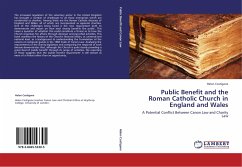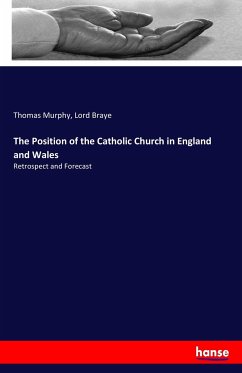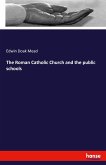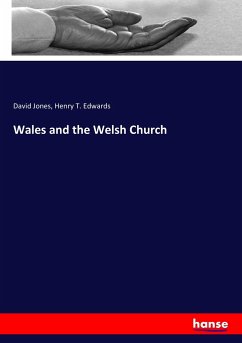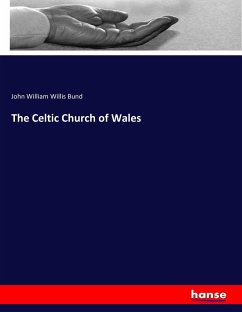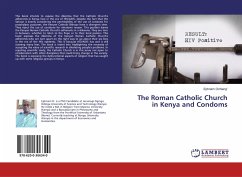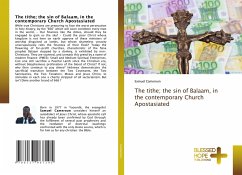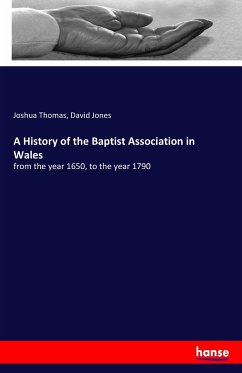The increased regulation of the voluntary sector in the United Kingdom has brought a number of challenges to all those enterprises which are constituted as charities. Among these are the Roman Catholic dioceses of England and Wales, all of which are incorporated as separate charities. One of the challenges being faced is the new requirement both to demonstrate and report on how each charity benefits 'the public'. This raises a question of whether this could constitute a threat as to how the Church organises her affairs through diocesan and parochial activities. This book examines the history of the Church's financial affairs, at universal and national level, as a background to understanding the formulation of the canons on temporal goods in the 1983 Code of Canon Law. Analysing the requirements of the charity legislation and comparing the response of each diocese demonstrates that, although the Church is quite clearly providing a great deal of 'public benefit' through its range of activities, the reporting of these suggests that the 'public benefit requirement' is still viewed as more of a threat rather than an opportunity.
Hinweis: Dieser Artikel kann nur an eine deutsche Lieferadresse ausgeliefert werden.
Hinweis: Dieser Artikel kann nur an eine deutsche Lieferadresse ausgeliefert werden.

